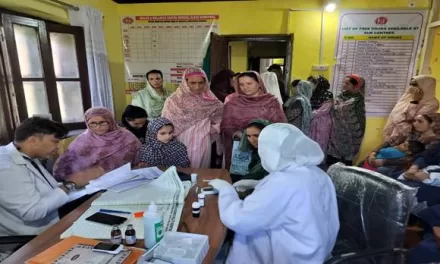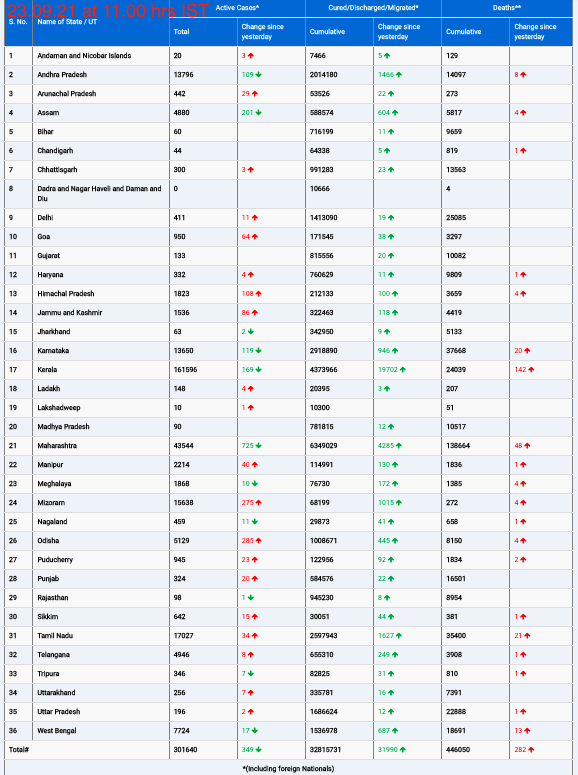Global Scientists Warn of Escalating Crisis
In a stark warning to the global health community, a group of leading scientists has issued a clarion call to address the burgeoning crisis of antifungal resistance. Published this week in The Lancet, the commentary highlights a growing and largely overlooked threat: antifungal resistance in fungal diseases. Coordinated by researchers from The University of Manchester, the Westerdijk Institute, and the University of Amsterdam, the commentary underscores the urgent need for action to prevent a potential escalation of resistance that could have devastating consequences for global health.
According to the authors, fungal pathogens that contribute to approximately 3.8 million deaths annually are either already resistant or rapidly acquiring resistance to available antifungal treatments. The commentary argues that the current focus on bacterial antimicrobial resistance (AMR) is insufficient to address the broader issue, stressing that the September United Nations meeting on AMR must include fungal resistance in its agenda.
The Growing Challenge
Antifungal resistance has become increasingly common across the four existing classes of antifungal drugs, complicating the treatment of many invasive fungal infections. Pathogens such as Aspergillus, Candida, Nakaseomyces glabratus, and Trichophyton indotineae are notably resistant, posing severe risks to older adults and individuals with weakened immune systems.
Dr. Norman van Rhijn from The University of Manchester, who coordinated the commentary with Professor Ferry Hagen from the University of Amsterdam and the Westerdijk Institute, highlighted the gravity of the issue. “While the focus has been largely on resistant bacterial infections, invasive fungal diseases have been significantly underrecognized by scientists, governments, clinicians, and pharmaceutical companies,” said Dr. van Rhijn. “The threat of antifungal resistance is growing, yet it remains sidelined in broader AMR discussions.”
Complexities of Treatment
The difficulty in treating fungal infections stems from the similarities between fungal and human cells, which makes it challenging to develop treatments that effectively target fungi without harming patients. Despite recent advancements and new drug classes entering clinical trials, cross-resistance has been a persistent issue. The development of fungicides with similar modes of action by the agrochemical industry has led to setbacks, potentially nullifying years of progress.
Professor Ferry Hagen emphasized the dilemma, noting, “While it’s crucial to protect essential crops from fungal threats for food security, the price of this protection may be the exacerbation of antifungal resistance in human medicine.”
Recommendations for Action
To address the escalating crisis, the scientists recommend the following measures:
- Global Agreement: Restrict the use of certain classes of antifungal molecules to specific applications to prevent misuse and resistance development.
- Collaborative Solutions: Foster collaboration on regulatory and practical solutions to balance food security with universal health needs for animals, plants, and humans.
- AMR Prioritization: Elevate the issue of antifungal resistance at the UN’s upcoming meeting to ensure it receives the attention and resources necessary to combat this growing threat.
The commentary serves as a crucial reminder of the need for a comprehensive approach to AMR, one that includes not only bacterial but also fungal resistance. Without immediate and concerted action, the global health community risks facing a future where treatment options for fungal infections are severely compromised.












